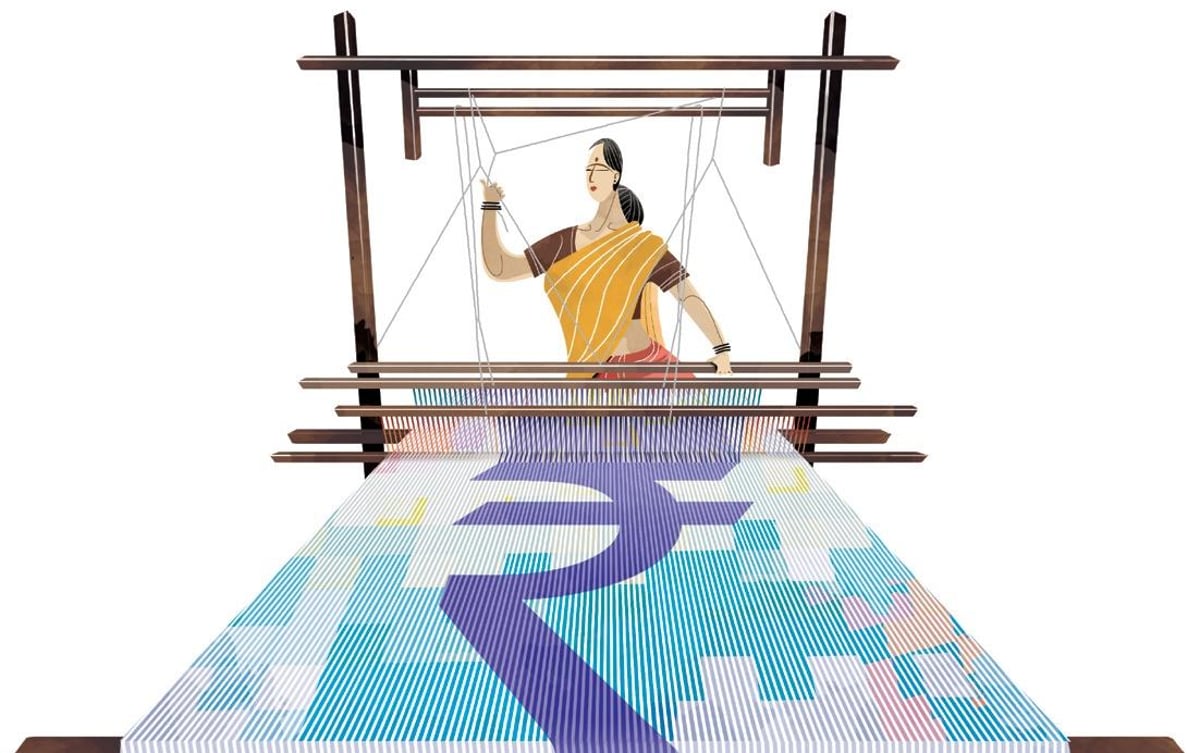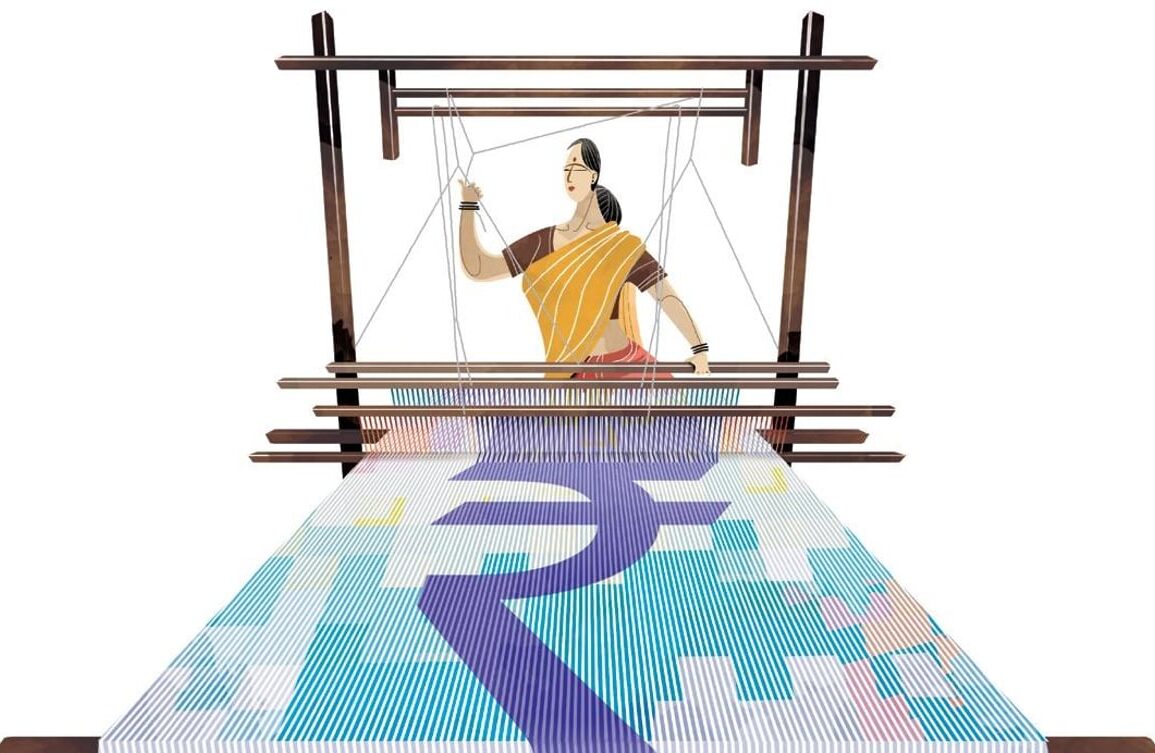
BENGALURU: Despite the capacity of the handloom sector to provide sustainable employment opportunities by tapping into the booming global market for eco-friendly and natural handwoven fabrics, it remains underutilised.
Stakeholders and experts voice that the numerous handloom corporations, be it silk, wool or yarn, need to be promoted and built on the lines of milk federations in the state.
The Congress-led Karnataka government in its 2023 budget had announced of a special cell called ‘Mahatma Gandhi Vastrodyama’ (MGV), to bring together designers, weavers, yarn producers and allied workers on a common platform. However, the project is yet to kick-off, and has not progressed beyond a few meetings at the initial proposal stage.
With the Handloom Day just around the corner (August 7), stakeholders held a discussion on how implementing MGV can improve the condition of weavers, and the untapped potential of the sector.
Handloom activist Prasanna Heggodu said, “The economic liberalisation has only benefitted top sectors and failed to penetrate into the rural economy. The MGV is a viable workable model to meet this gap. Today, the spinning centres in the state and in India have already died down.”
“Through MGV we are not demanding funds from the government, just loans and infrastructure need to be provided on lease, to revive the dying corporations. We need a robust state-of-the-art marketing facility for pure handloom and this model has the potential to provide it,” Heggodu emphasised.
Designer and handloom revivalist Pavithra Muddaya explained the dire conditions of the weavers in interior Karnataka. “They feel defeated. A collective effort is needed to revive the industry. No weaver today wants their child to become a weaver, as they see no opportunity for growth in it. The other problem is that half of the weavers from Karnataka are illiterate, and are not registered. They are unable to use government benefits and often struggle because of middle-men,” she said.
The proposed MGV aims to indirectly provide large-scale rural livelihoods by providing state-of-the-art marketing backup for their products. If this is implemented, Karnataka will be the first such state to do so.








